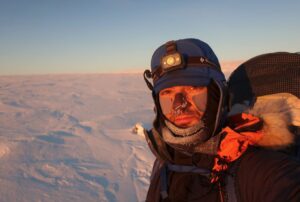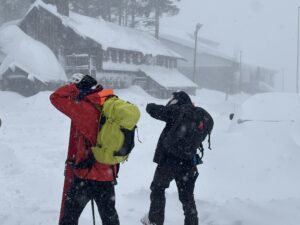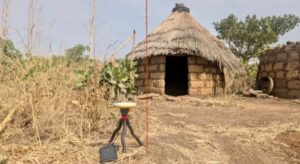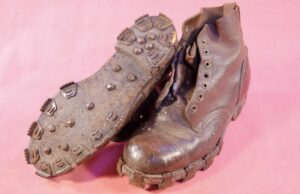Dexamethasone, the steroid commonly used to prevent acute mountain sickness (AMS), has been hailed the “biggest breakthrough yet” by Boris Johnson in the fight against coronavirus.
The RECOVERY trial was launched in March and is one of the world’s biggest randomized, controlled drug trials for the treatment of COVID-19. The UK study found that dexamethasone reduced deaths of COVID patients on ventilators by approximately a third. It is the first drug shown to reduce the death rate. “It’s a startling result, and will have a massive global impact,” said Kenneth Vallie, an intensive care physician at the University of Edinburgh and a member of the RECOVERY steering committee.
The study looked at more than 11,500 coronavirus patients in 175 different hospitals, who volunteered for a variety of experimental treatments. About 2,100 participants received a low dose of dexamethasone (six milligrams per day) for 10 days, and their results were compared to 4,321 people receiving standard care for the virus.
“What we saw was really quite remarkable,” said Peter Horby of Oxford University, who led the trial. The drug reduced death rates by around 35% for patients on ventilators and by about 20% for those who required oxygen. The drug has not had an impact on those with mild cases of COVID-19 (i.e. not receiving oxygen).
Guidelines from the World Health Organization cautioned against treating coronavirus with steroids, since they suppress the immune system, but the RECOVERY study suggested that the benefits of the treatment outweigh potential harm. In fact, they found no adverse effects. “This treatment can be given to pretty much anyone,” said Hornby.
The trial data is not yet published, so there is still some caution, but senior medics hail this as a huge turning point, and the treatment is now being recommended by the UK’s National Health Service. Based on these results, one death could be prevented in eight ventilated patients, or one in around 25 patients requiring oxygen alone. Had doctors in the UK prescribed dexamethasone for the sickest COVID-19 patients earlier, up to 5,000 deaths could have been prevented, say researchers.
Weeks earlier, when some clinicians noted that COVID-19 pneumonia had similarities to high altitude pulmonary edema (HAPE), both the British Medical Journal and the European Respiratory Journal questioned that connection. The European Respiratory Journal stated that using medications for altitude sickness to treat COVID-19 was unlikely to help and might even be potentially dangerous, but this was before the RECOVERY trial results.






